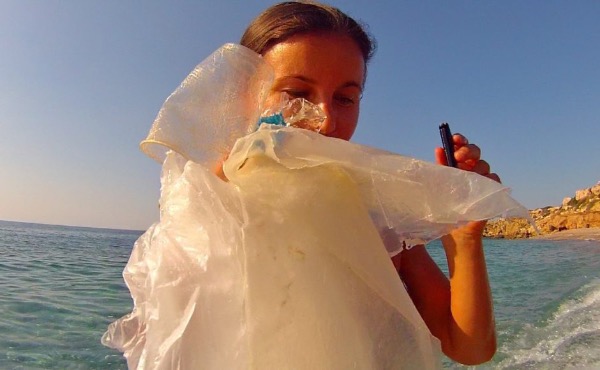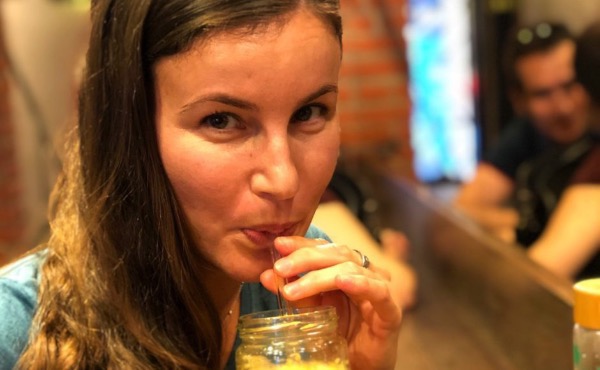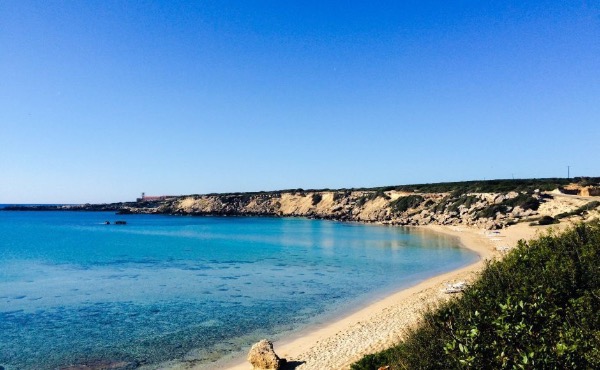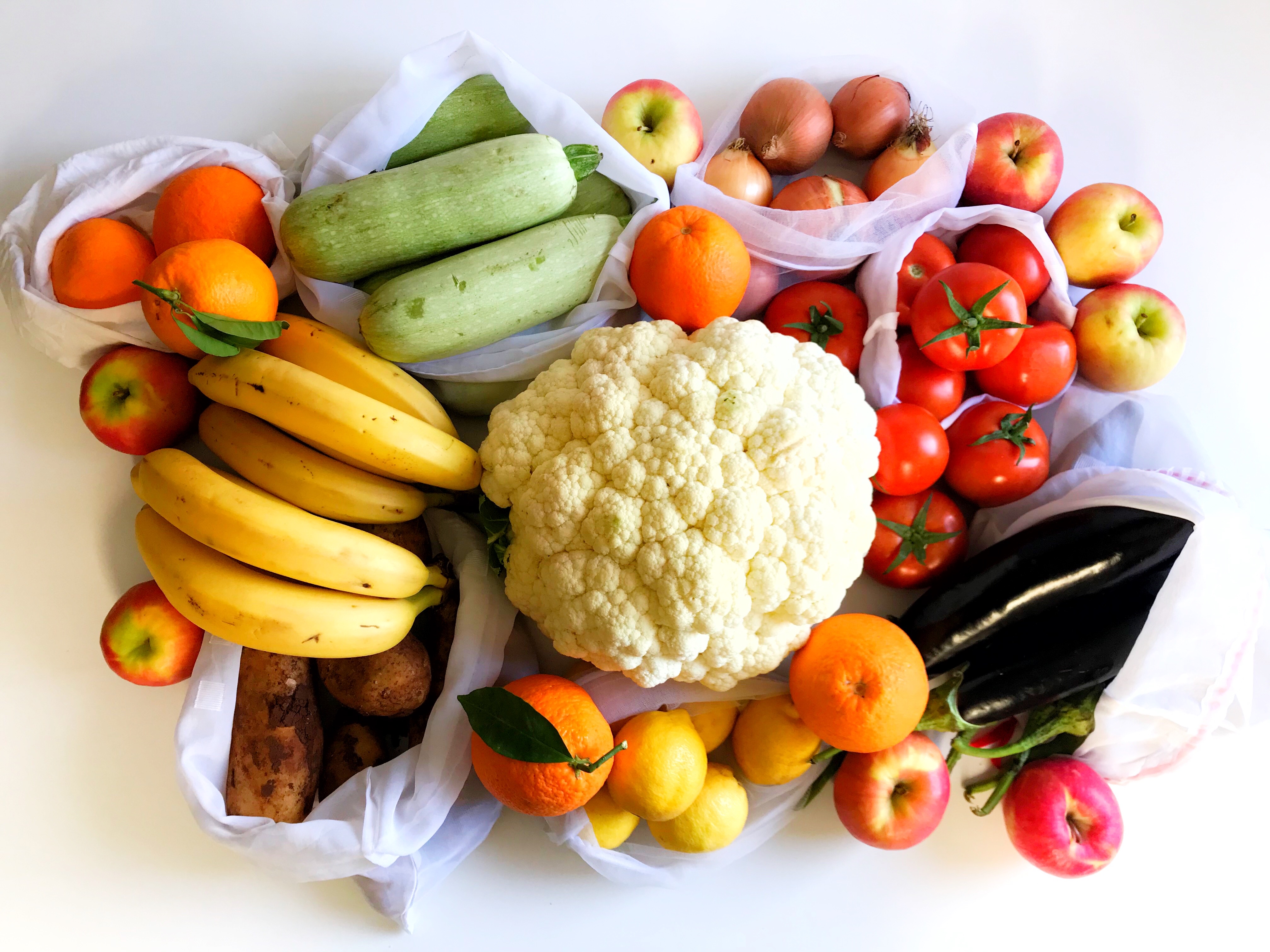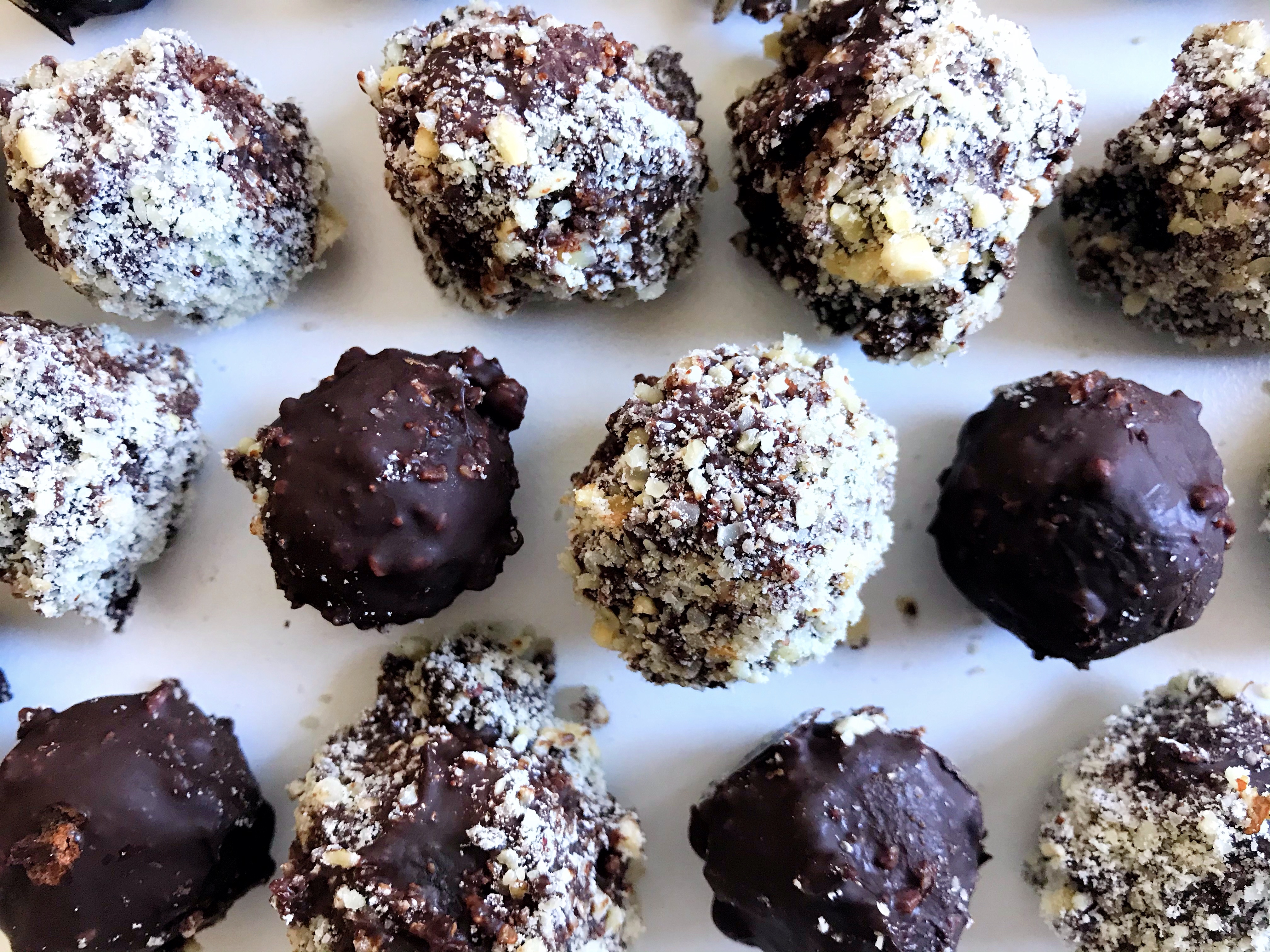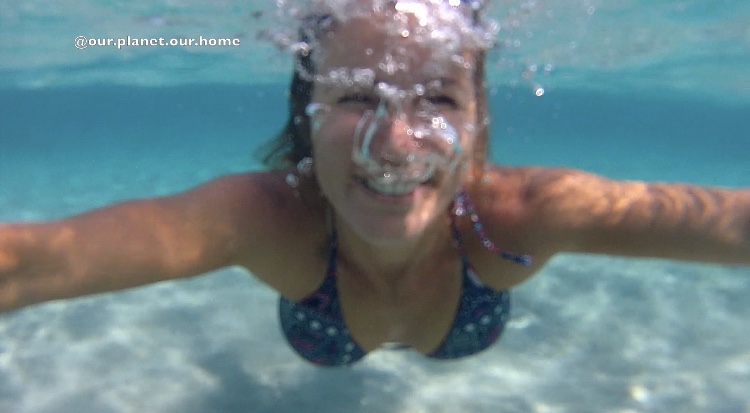World Oceans Day 8 June
Why to celebrate World Oceans day?
A healthy ocean is critical to our survival.
Generates most of the oxygen we breathe
Regulates our climate
Cleans the water we drink
Offers a pharmacopoeia of medicines
Provides limitless inspiration
Info from worldoceansday.org
At least 10% of the 100 million tons of plastic we use every year end up in the oceans. This is equivalent to the weight of 700 billion plastic bottles. Put on top of each other these bottles would reach further than the sun. Ocean currents have created several gigantic “plastic soups” around the world. No-one knows the size of these, but they could cover up to 16 million km2, or the combined size of Europe, India and Mexico.
The plastic soup has been growing 10 times in size every decade since the 1950s. At this speed, the plastic grows as much as 8 football fields every second. The plastic soup consists mainly of plastic bottles and caps and above all, plastic bags.
In the plastic soup there are 60 pounds of surface plastic to every one pound of plankton.
Plastic normally takes thousands of years to decompose
If nothing is done now, this problem will spin completely out of control.
Fish and shellfish contain toxic chemicals at concentrations as high as nine million times those found in the water in which they swim.
Info from theworldcounts.com
Around 50% of the plastic we use, we use just once and throw away.
Around 1 million sea birds and 100 000 marine mammals are killed annually from plastic in our oceans.
Over 90% of all seabirds have plastic pieces in their stomachs.
Around 100 000 turtles die every year from ingesting plastic.
According to the United Nations as many as
51 trillion microplastic particles – 500 times more than stars in our galaxy – litter our seas. These particles are ingested by plankton, then by fish, then by us if we eat fish.
Info from waste-management-world.com
The United Nations Environment Programme estimated in 2006 that every square mile of ocean contains 46 000 pieces of floating plastic.
Info from unesco.org
Love 💕Inkka
Please read these articles to make a positive change
Why to live zero waste lifestyle
My journey to zero waste lifestyle
Environmental benefits of plant based lifestyle
Articles - Whole food plant based lifestyle

